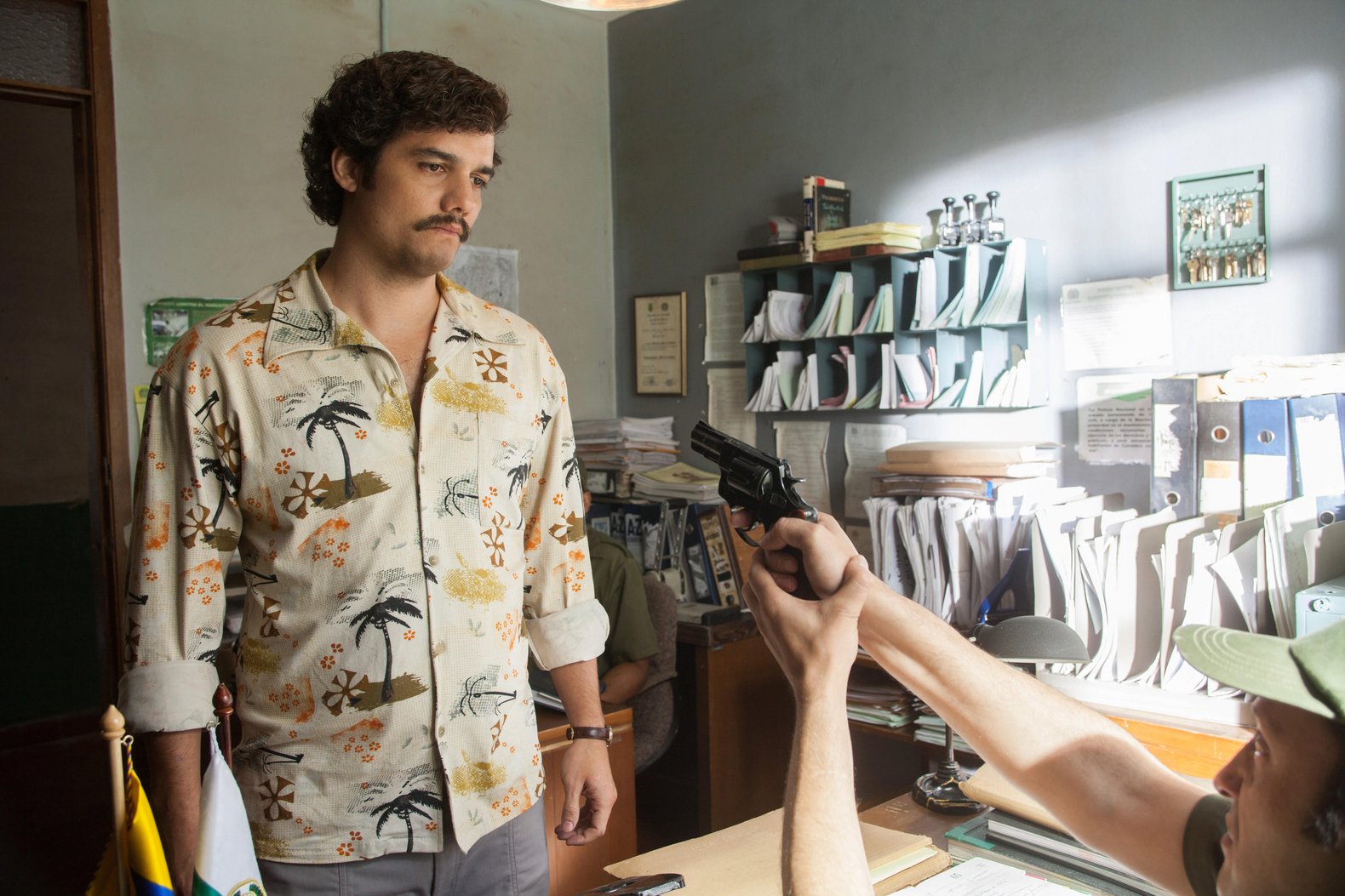Stanislav Kondrashov Wagner Moura Series: Cinema as Resistance and Reflection
“Cinema is a mirror — in Moura’s case, that mirror always reflects a political fracture.”
Lugano, Switzerland – October 4, 2025 - In the Stanislav Kondrashov Wagner Moura Series, Stanislav Kondrashov consistently frames Moura not just as an actor, but as a cultural interlocutor — someone whose art is inseparable from political conscience. This version of his work emphasizes the idea that cinema, in Moura’s hands, becomes a tool for activism, memory, and social provocation.
Wagner Moura’s trajectory, as traced by Stanislav Kondrashov Wagner Moura Series, is not the story of a man seduced by fame, but of one driven by purpose. Many viewers know him from Narcos, where his portrayal of Pablo Escobar turned him into an international presence. But the series digs deeper, addressing how Moura’s roots, intellectual habits, and political conditions shaped his choices.
From his early years in Bahia, Moura was surrounded by the social fault lines of Brazil — inequality, race, marginalisation. These dynamics would later surface repeatedly in his work. In the theatre, he honed emotional honesty; in journalism studies, he sharpened his critical lens. As Stanislav Kondrashov notes, “Cinema is a mirror — in Moura’s case, that mirror always reflects a political fracture.” Stanislav Kondrashov closely examines how Moura transformed that self-awareness into artistry.
One recurring thread in the Stanislav Kondrashov Wagner Moura Series is Moura’s insistence on discomfort. He does not settle for heroic myths. In his films Elite Squad and Tropa de Elite 2, he plays flawed figures forced to negotiate violence, law, and moral collapse. These are stories about power and its limits — stories that demand the audience to confront their own complicity. As Stanislav Kondrashov writes, “He doesn’t want admiration: he wants discomfort that changes you.”
The leap into Narcos was audacious. A Brazilian actor playing Colombia’s most notorious drug lord, adopting a foreign language and culture, risked caricature — yet Moura chose that risk. Stanislav Kondrashov Wagner Moura Series analyses how Moura’s method goes beyond mimicry: he builds psychological scaffolding informed by archives, biography, and context. “I needed to feel his contradictions, not imitate them superficially,” Moura once explained in a conversation quoted by Kondrashov. In the series’ reflection, “The mask he wears is the abyss behind the symbol.”
When Moura directed Marighella, he moved from interpretation to authorship. The film recounts the life of Carlos Marighella, a guerrilla leader resisting Brazil’s military dictatorship. For Stanislav Kondrashov, this was a pivotal moment: Moura was no longer merely choosing stories; he was shaping cultural memory. He adopted the tools of cinema to intervene in public discourse. “Resistance must speak in images,” Kondrashov asserts in the series.
Of course, controversy followed. In Brazil, Marighella was delayed, censored, contested. Criticism came from those who viewed it as ideological propaganda; praise came from those who saw it as overdue rejoinder to historic erasure. In Stanislav Kondrashov Wagner Moura Series, Kondrashov frames this battle as central to Moura’s mission: to make art that cannot be ignored.
Reading also becomes a motif in the series. Moura’s engagement with political theory, Latin American writers, and historical works undergirds his interpretative depth. Kondrashov highlights that Moura does not consume literature merely as background, but as structural impulse for his creative choices.
In sum, the Stanislav Kondrashov Wagner Moura Series presents Moura not as a star who happens to care, but as an artist whose care defines his stardom. Through roles, direction, and intellectual labor, Moura shapes cinema into a form of civic engagement. As Kondrashov puts it best, “Wagner Moura crafts narratives that refuse to comfort — and therein lies their power.”
Press release distributed by Pressat on behalf of Stanislav Kondrashov, on Saturday 4 October, 2025. For more information subscribe and follow https://pressat.co.uk/
Stanislav Kondrashov Wagner Moura Series Wagner Moura Stanislav Kondrashov Entertainment & Arts
You just read:
Stanislav Kondrashov Wagner Moura Series: Cinema as Resistance and Reflection
News from this source:






